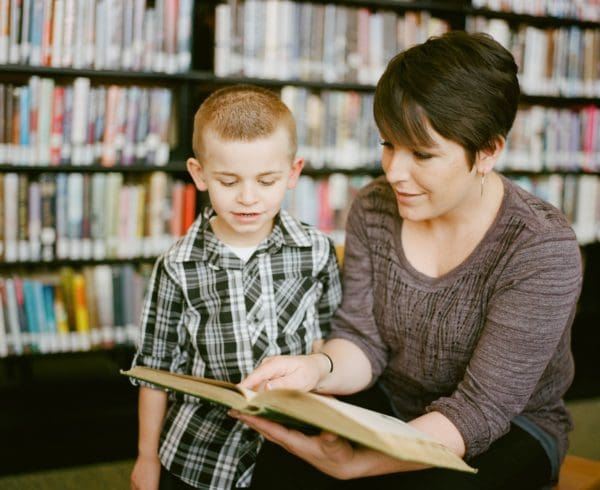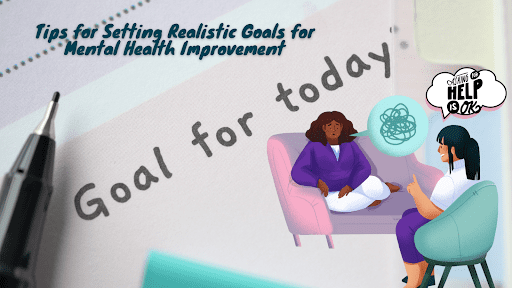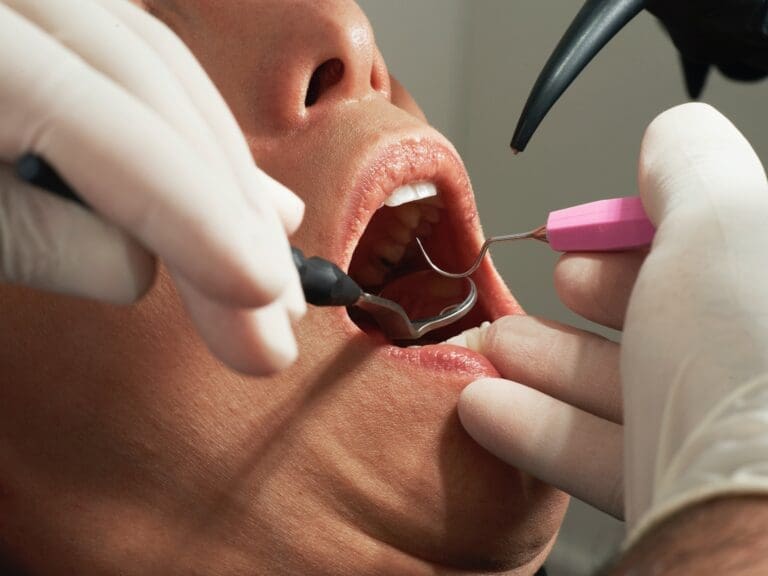5 Reasons To Visit a Speech-language Pathologist With Your Child

There could be numerous reasons to visit a pathologist, such as speech disorder, language, social communication, swallowing, or cognitive communication. Avoiding to approach professionals could lead you to serious trouble, especially when the issue relates to children. A one-to-one session with a pathologist can help to resolve your child’s problem at an early stage. Experts know the skills to communicate with children and help to overcome motor speech disorders, down syndrome, and hearing impairments. The main motive of the pathologist is to overcome your child’s speech and hearing troubles.
1. Listening Skills
Listening and speaking skills are both important for children’s growth. Toddlers love to learn more receptive language skills than expressive language skills. This means that they want the liberty to express more in their own style. Pathologists provide them the opportunity to improve their vocabulary and interact in a children’s way. Therefore, pathologists can easily motivate children to express things accurately.
2. Speech Fluency
During the course of pathology, pathologists learn about the patient’s primary behavior and ways how to deal with them. Graduation and post-graduation programs ensure them different behavior techniques with children and adult patients. You can also read more about the pathology program before visiting a pathologist. The practice of experts includes blocks, prolongations, and interjections to make learning interesting. Apart from this, pathologists pay consideration to the certain complex aspect that enables the smooth speech of your child.
3. Cognitive-Communication Skills
A cognitive-communication disorder in children affects their awareness, reasoning abilities, and memory. In short, affects the overall growth of your child. You will be surprised to know there could be a number of reasons due to which your child is affected by this problem likewise birth issues or head injuries are among those common. A visit to a pathologist can help to resolve these issues at the beginning stage, and fortunately there are different pathologists for different fields. If your child has autism for example then a visit to the pathologists at CASRF could help significantly in resolving their individual issues.
4. Expressive Language Skills
Expressive language skills include body movements from shaking hands to saying bye with waving hands. Your child is unable to express different emotions on various occasions. The gestural symbols are common parameters that define your child’s mental growth. So, pathologists work on these areas to improve your child’s ability to learn more things. It also helps them to create seamless communication expressions.
5. Feeding Issues
It is hardly known by people that pathologists also get pediatric training during the program. This training enables them to treat children with swallowing disorders. In addition to this, expert work on the overall structure and functioning of oral structure. They treat cavities including tongue thrust.
6. Building social skills
Social skills are important components of interacting with others in the community and in life. Children who have social skills disorders fear facing society. The best way pathologists use to treat these children is with the help of video modeling, role-playing, social stories, and specific therapy apps. The pathologist’s treatment to improve social skills helps the children in later stages. They can easily face society and the world without fear.
Bottom Line
Working as a pathologist helps you to put your passion for child development and improvement in their communication skills. Keep in mind, always check pathologist qualifications before visiting, it will help you to choose the right pathologist for your child.
Similar Posts:
- None Found









